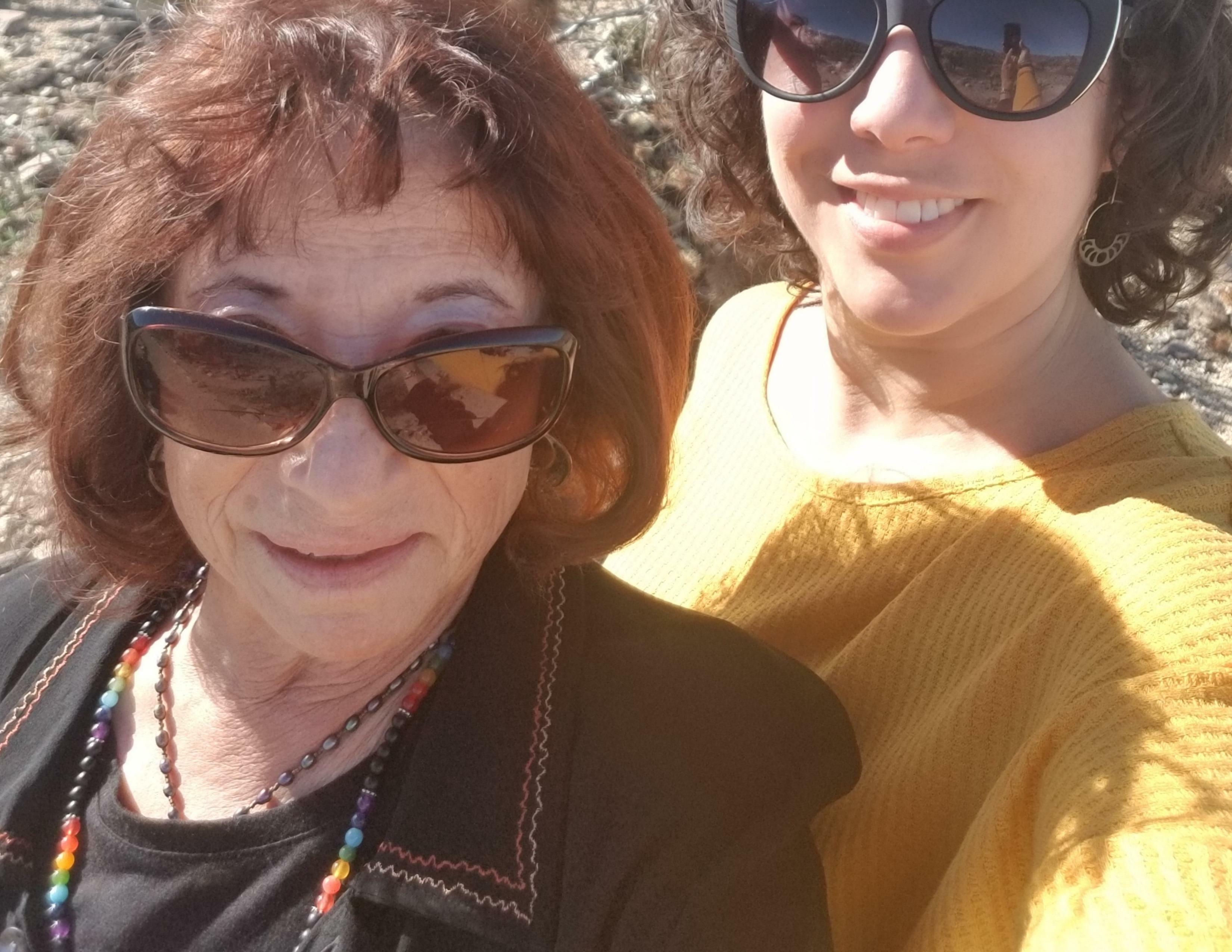
What was your favorite memory of when you were in school?
The comradery of the students in our class still stays with me. We were willing to help one another in classes, in the clinic and with patients. Students were caring and thoughtful. Plus, we got to practice our nursing skills on one another!
I can’t say enough about our professors and how much I learned from all of them with their different personalities and expertise. They ensured I had experiences that would provide me with clinical expertise and the ability to care for patients in whatever setting and circumstance. They were strong women who cared deeply about the profession, their students and the patients.
Where did your nursing career take you?
After a few years of hospital nursing, I chose to go into public/community health and policy health research. From there into law and public service.
My nursing has never left me in whatever work I have done, including becoming a mother. Nursing helped me become a strong woman able to combat the challenges of life and accept people for who they are, wherever they come from.
What was your favorite part of your nursing career?
Public/community health and health policy research.
What advice would you give future nurses?
Keep fighting to get the resources nurses need to care for all of us and our future generations. Without nurses, our quality of life does not improve, nor will we be able to sustain the public health and safety we cherish.
Is there anything else you’d like to share?
I have always said that nurses are the backbone of the healthcare system. They work hard, many times without thanks. (And certainly, without adequate compensation!) Nurses are there to comfort when others are not around. They have unique communication and observation skills to better care for their patients and understand people.
Nurses will always stand up for the public’s health and safety and advocate for better living conditions for all.
I loved nursing, and I am grateful to be part of the profession.
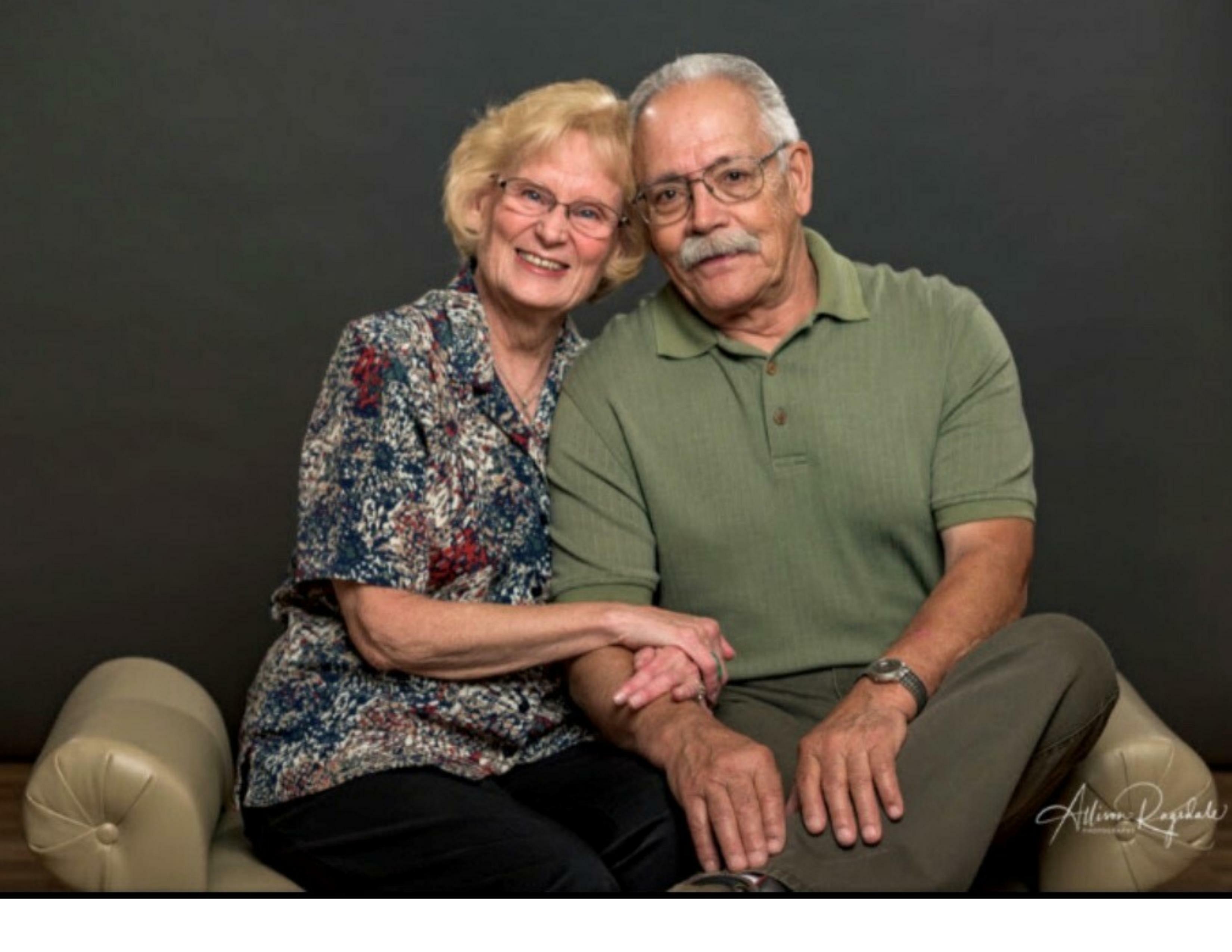
Where did your nursing career take you?
Started as a nurses aid in 1966 at Presbyterian. I had a 1 year scholarship to go to UNM. When my counselor asked me what I wanted to study I didn’t know. I had 3 great aunts that were nurses and my dad’s cousin was a director of nursing. So the counselor told me about a program at Presbyterian Hospital where I could become a Nurses Aid. I was at Presbyterian for 25 years in the PACU and retired from Presbyterian in 1995. My family and I then moved to Colorado. In 1997 worked for the only doctor in town. I was her only nurse and her husband was the office manager. It was just us 3. I worked there part-time for seven years. I fully retired in 2003.
What was your favorite part of their nursing career?
Everything! That’s why I loved the PACU. You got to see all kinds of patients. You were close with the family members. We could rotate areas and be in charge one day or pack up patients for the ICU the next. I like people and talking with them.
I also like showing the new nurses tips, like how to take a patient to ICU. How to pack up their tubbing and which halls to take.
What advice would you give future nurses?
Hang in there. You learn a lot in school but you have to put it to good use in the real world.
Is there anything else you’d like to share?
I’ve been married for 53 years. I have 3 daughters, 6 granddaughters, 1 grandson and 1 great-granddaughter.
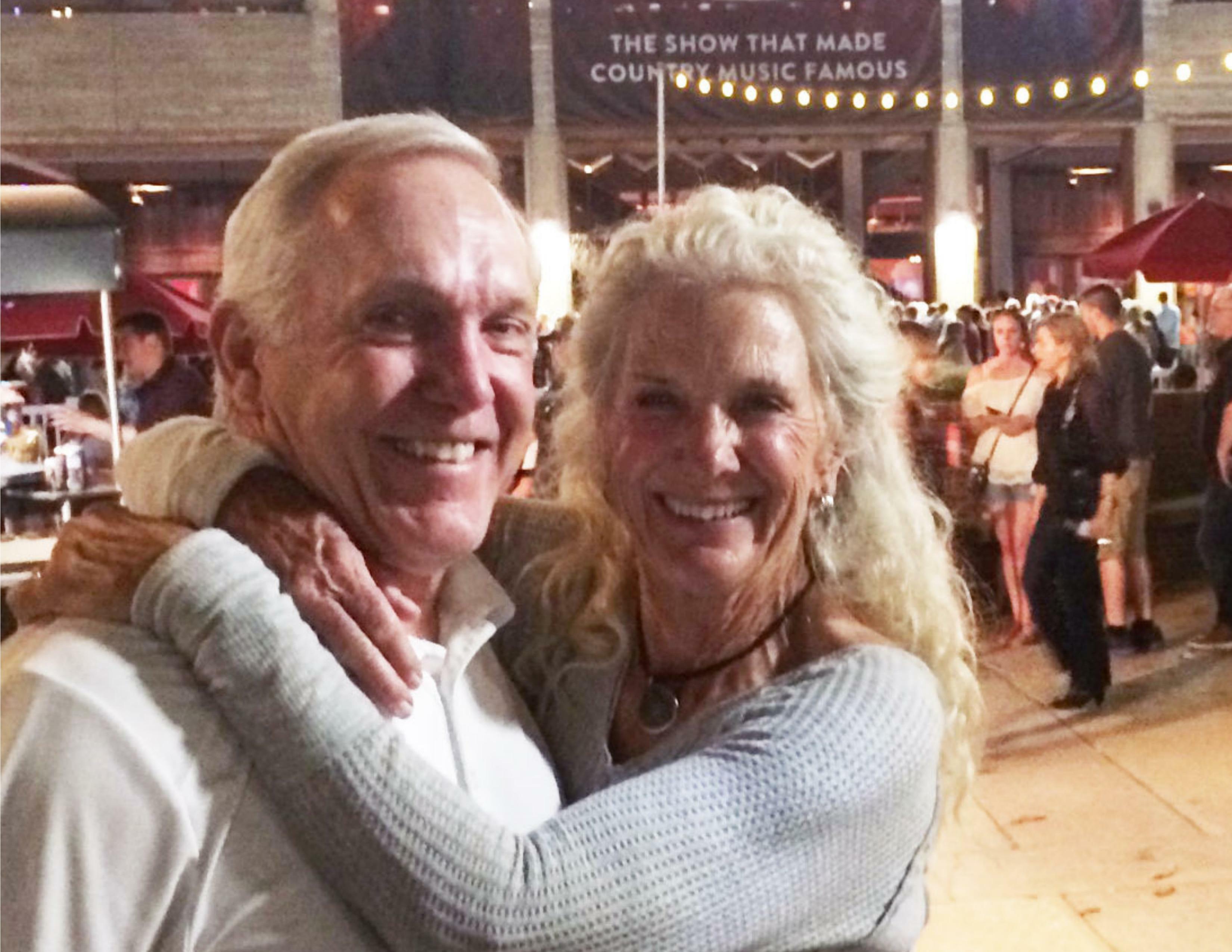
Debby’s career took her all over the country. She worked in the OR in 3 different states, was a school nurse in 4 states, served as a public health nurse in Oregon, in the anesthesia department at UCLA, in quality assurance in the Texas state hospital system and in-home health and hospice in Washington state. She eventually worked at UNM Hospitals and for the UNM College of Nursing in the skills lab and GEHM Clinic.
She strongly feels that all of these opportunities were made possible by BSN and her desire to learn new things and have a good job.
One of Debby’s fondest members of being in school is about putting on our pinafore and working a regular 8hr shift as an almost nurse with all of us young novices.
She wants future nurses to know that nursing is a career with endless opportunities to learn and thrive in any place in the world.
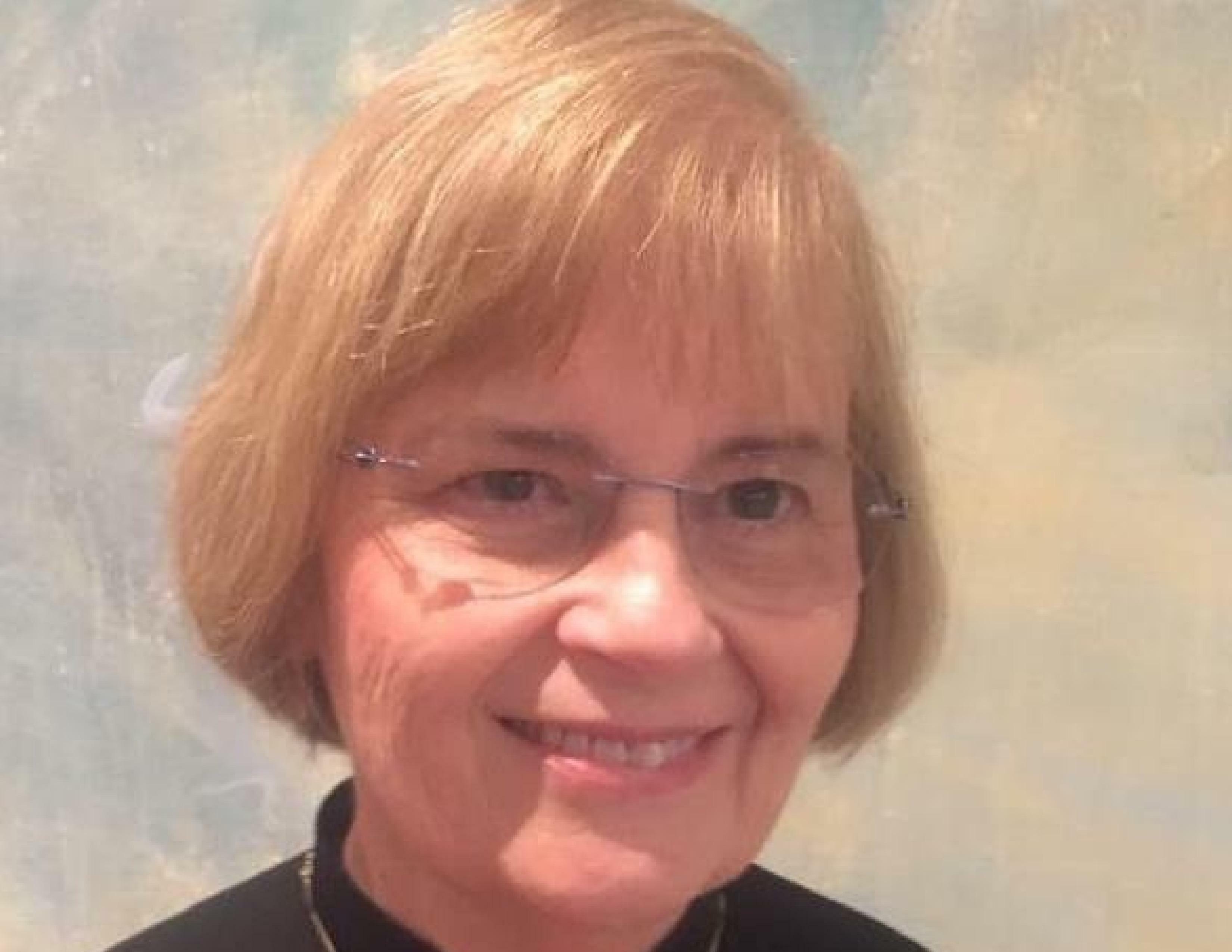
What was your favorite memory of when you were in school?
I think my favorite memories are related to the willingness of faculty to meet each student where they were in their learning journey and support them in this process. This included, at times, student-initiated field trips, supporting students in initiating practice change in agencies, and mentoring students after graduation providing a strong foundation on which to build a career. This modeling of faculty-student collaboration has influenced my approach to teaching.
Where did your nursing career take you?
After obtaining my bachelor's degree, I begin as a community health nurse in rural northwestern New Mexico. The deficit of mental health services in this community led me to a master's degree in mental health nursing. After graduation, I worked in the Department of Behavioral Medicine at Texas Tech providing outpatient therapy, and eventually joined the faculty of their school of nursing. Working in the community impressed upon me the importance of the family in mental health care and fostered my desire to obtain my doctorate in family therapy. Having experienced the value of a strong undergraduate foundation fostered my desire to continue my career as a faculty member teaching mental health nursing. Currently, I am not only teaching but have had the opportunity to lead an amazing faculty team as the Chairperson in the Department of Family and Community Health at West Virginia University. I have always sustained a clinical practice. Currently, I have a clinic at a local high school one day a week. For the past sixteen years, I have also collaborated with my husband, an INGO, and a university in Viet Nam to offer a month-long summer institute in Viet Nam. The focus of the institute is capacity building for community providers in the areas of community and mental health services. This has provided many opportunities to engage in global health projects focused on activities in Southeast Asia and China.
What was your favorite part of their nursing career?
This is a difficult question to answer since each step in my journey has been enriching and built the foundation for the next steps. Currently, what stands out to me as a favorite are the opportunities engagement in global health has provided. During my travels to Viet Nam, China, Cambodia, and Mexico, I have had the opportunity to dialogue with nurses, faculty, and students, enriching my understanding of health, illness, and the nursing role.
What advice would you give future nurses?
The advice that I share is something that was shared with me by one of the faculty in the undergraduate program at UNM. Nursing provides you the opportunity to walk with individuals, families, and communities during their most challenging times, supporting them toward the goal of health. In this work you must always remember that to continue, you must care for yourself. You, too, are important. This knowledge, more than anything, has enabled me to continue to be a caring presence.
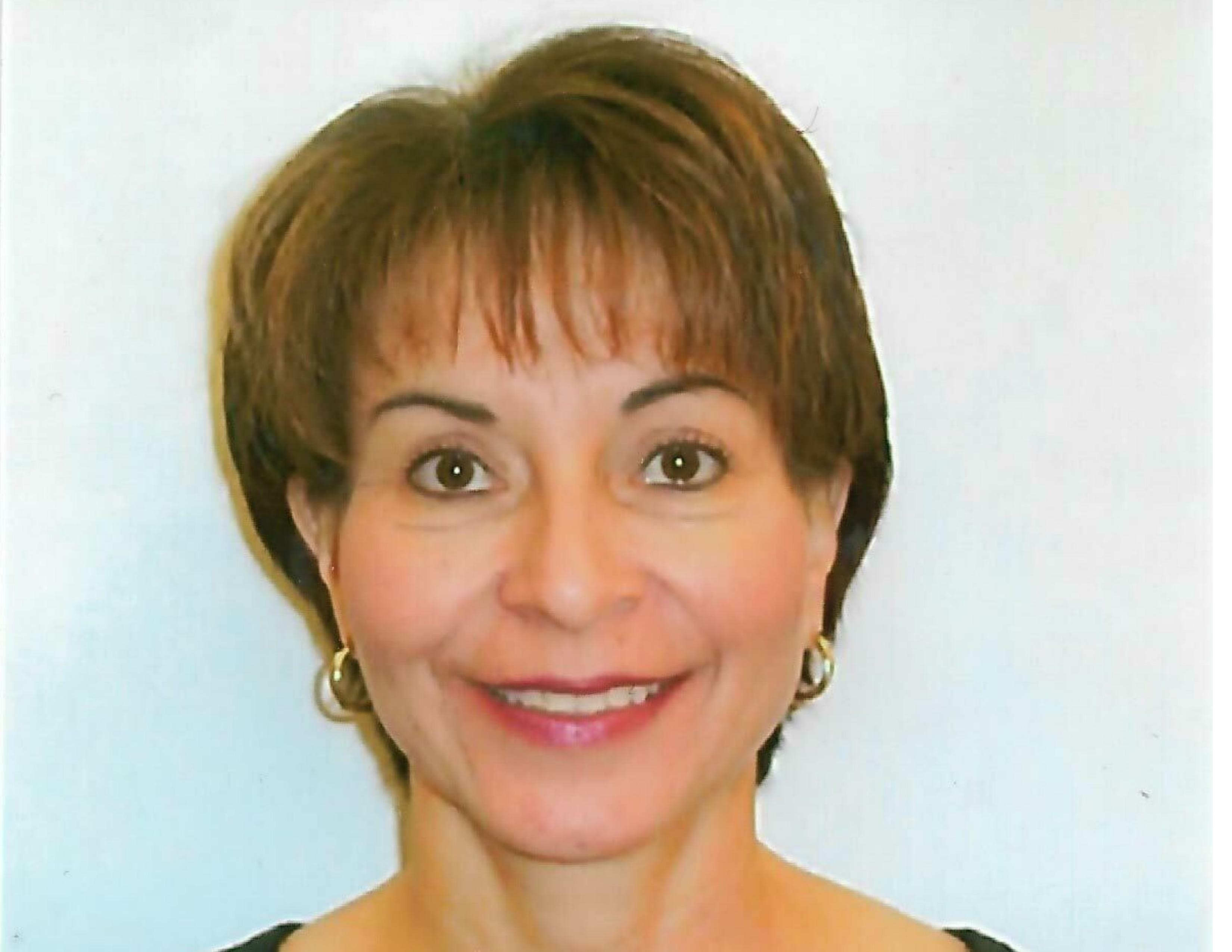 Favorite Memories: My sister and I laugh when we think back to when she played the part of a “patient” so I could practice making an occupied hospital bed and other nursing tasks – no “sim labs” in our day! Another memorable event was attending a national multi-disciplinary health conference in Chicago and a smaller conference two weeks later in Detroit my senior year. It was exhilarating to meet medical and nursing students from throughout the country. It was also the first time I’d ever traveled by air!
Favorite Memories: My sister and I laugh when we think back to when she played the part of a “patient” so I could practice making an occupied hospital bed and other nursing tasks – no “sim labs” in our day! Another memorable event was attending a national multi-disciplinary health conference in Chicago and a smaller conference two weeks later in Detroit my senior year. It was exhilarating to meet medical and nursing students from throughout the country. It was also the first time I’d ever traveled by air!
Where did your nursing career take you?
The UNM College of Nursing provided the foundation necessary to function in diverse settings. My career began at the VA Hospital in Boston, MA, followed by being a visiting nurse with the Boston VNA (Visiting Nurse Association) in the Roxbury and South End projects. Relocating to Southern California, I went back to inpatient medical-surgical nursing (UCLA Medical Center, Northridge Hospital Medical Center, Holy Cross Hospital) for several years, followed by Utilization Review/Quality Assurance with BCBS of CA, was director of a home health agency, then on to Case Management in a hospital setting in Thousand Oaks, CA. I continued to work in case management positions on my relocation to Phoenix, AZ, including as an inpatient case manager for Banner Health for 10 years, culminating my 42-year career in nursing.
Favorite part of nursing career: The patients! Every day presented new challenges working with diverse patient populations – no boring days! I was fortunate to work with a wide array of highly qualified physicians, nurses, social workers, and therapists to achieve good patient outcomes.
Advice to future nurses: Never stop learning. Don’t get stuck in a rut; stay open to new possibilities. There are many areas of nursing – find the one that fits. Nursing is a very gratifying career.
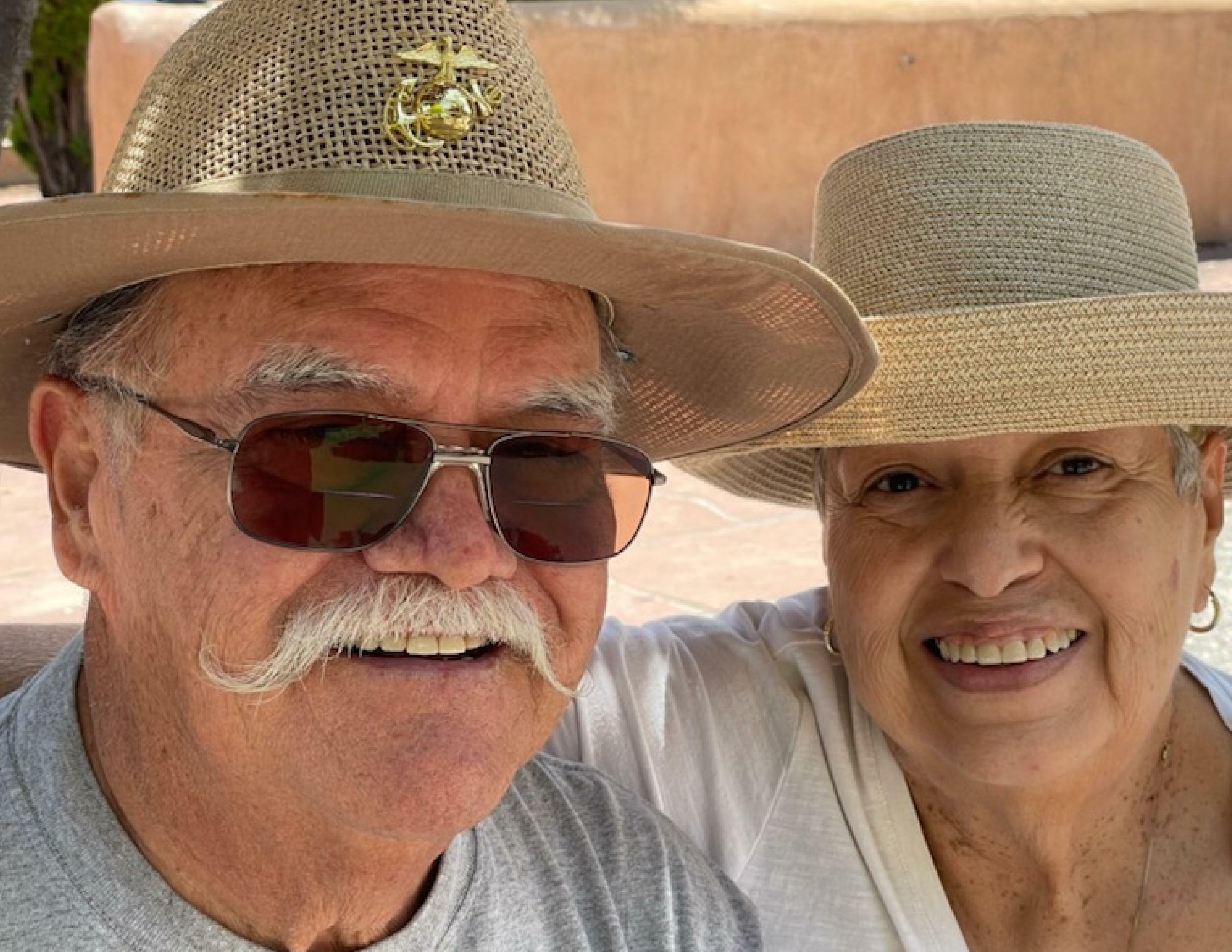
Antonia has been married for 35 years to a wonderful, caring man, Pedro Vargas. They have one daughter, Emelia, who is also a nurse at UNM Hospitals.
Her career in nursing was always in Critical Care at the VA Hospital in Albuquerque, NM and Denver, CO. Two years after graduation, Antonina and her classmate, Linda Kroker, started their master's program at the University of Colorado in Denver. Upon graduation, the two parted ways with Linda moving to Illinois and Antonia returning to Albuquerque as an instructor at the UNM College of Nursing. After four years she returned to the VA as an instructor for critical care. She also taught BSL to all levels of healthcare providers in New Mexico, Nicaragua, and Guadalajara, Mexico. Her final years at the VA in Albuquerque were spent as the infection Control Practitioner and becoming certified in Infection Control. She retired in 2006.
Mary was a certified critical care nurse and served at the local and national levels as a board member of the American Association of Critical Care Nurses.
Her advice to new nurses is to get a strong, solid nursing foundation. To teach by example, nurture the young and inexperienced nurses, teach critical thinking skills and advocate for your patients always.
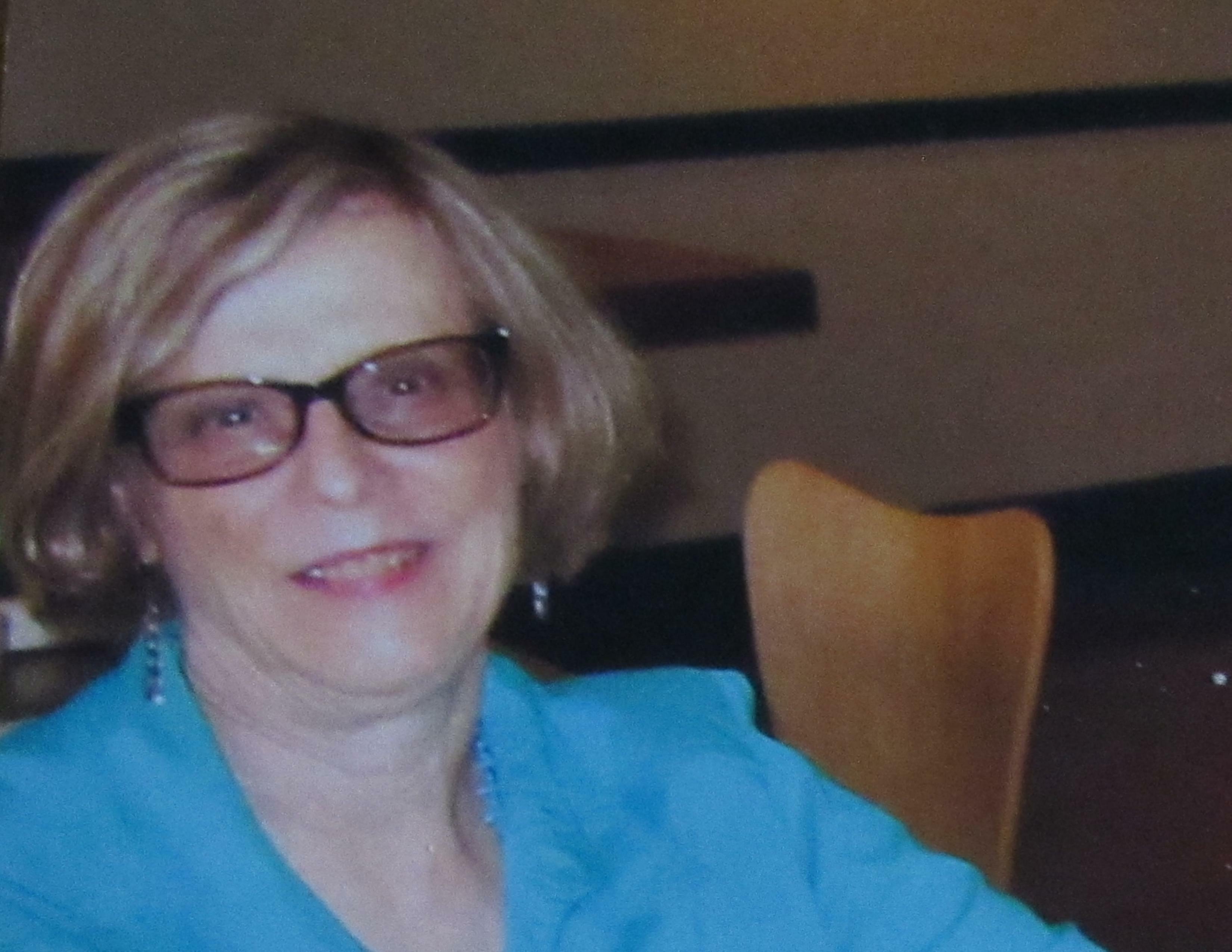
Memories of school include practicing in the nursing lab, studying together with class members was a real help, and sharing together our nursing experiences. My nursing career began as a U.S. Air Force nurse. One of my assignments was working in public health at Keesler AFB in Biloxi, MS. That meant treating patients of all ages with all kinds of medical conditions. I went out to their homes to do so on base and off base. Later I worked in nursing here where I live in Maricopa County, Phoenix Metro area, AZ. I was able to help patients with their applications to Long Term Care using my nursing knowledge and writing up case notes for them. Again working with all age groups and medical conditions. My favorite part of being a nurse was being able to help patients in need. Completing my BSN degree was one of the best decisions I ever made. I would say to future nurses hang in there and complete your nursing program. You will have many opportunities to help others with their health needs. One of the unusual classes we took when I was at UNM, was a physics class that was required. At that time, the class was all about physics in space and going to the moon and back. I am so thankful for being a UNM nursing school grad.